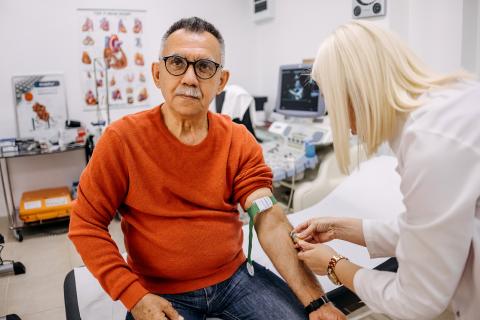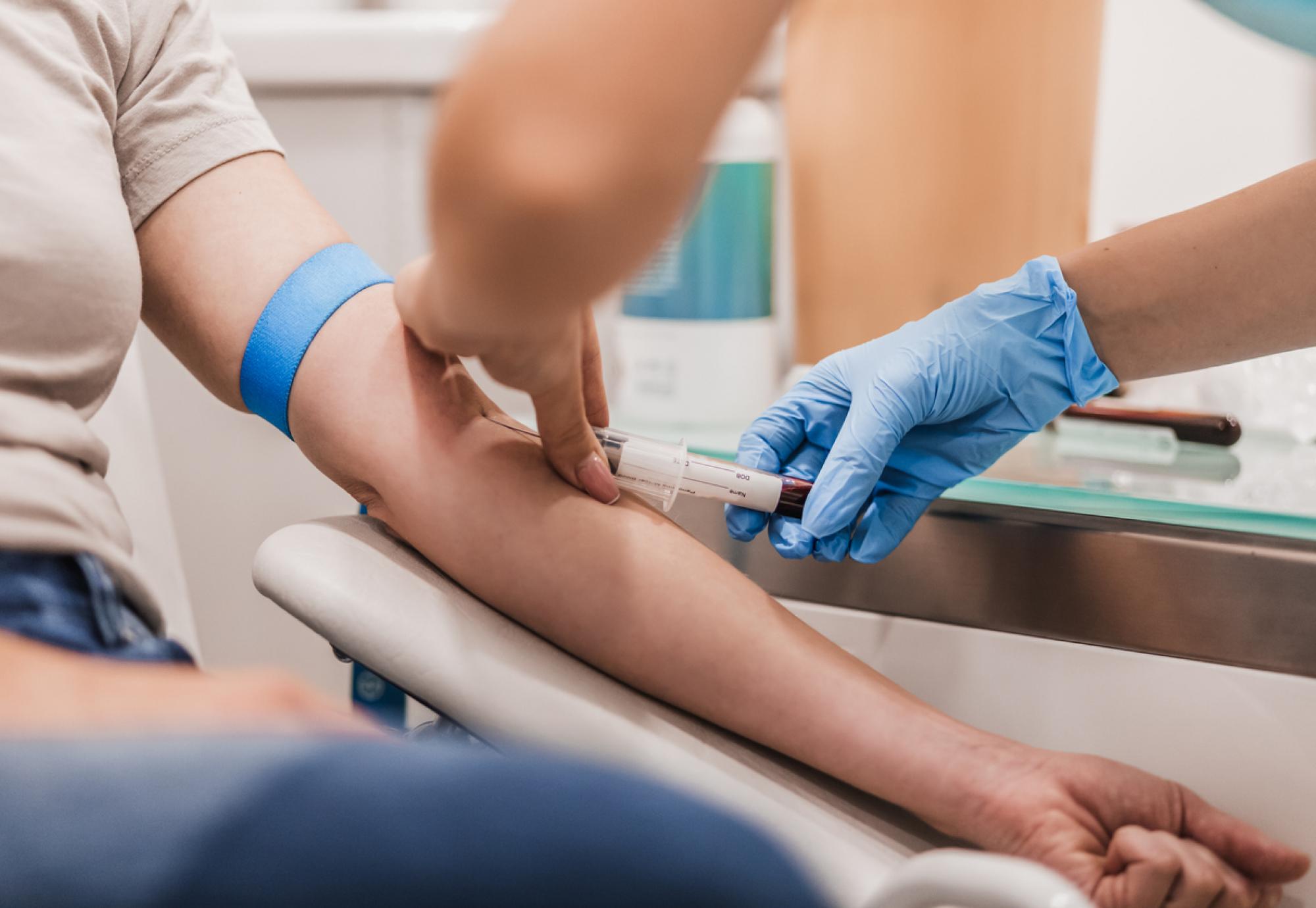Thousands of patients across England are set to benefit as the NHS gears up to launch a new programme that will circumvent the adverse side effects related to blood transfusions for sickle cell disease or thalassaemia.
As part of this “landmark” new initiative, the health service would undergo a detailed analyses of patients’ blood groups to ensure those needing blood are matched with the best possible donors, thus reducing side effects and improving outcomes.
This would make the NHS the first health system globally to deliver blood group genotyping.
Approximately 17,000 people live with sickle cell disease in England with the disease being especially common in those of Black African and Caribbean heritage. Thalassemia, on the other hand, effects around 800 patients in England and is more common among those of Asian and Southern Mediterranean heritage.
With the main treatment for these conditions being blood transfusions from donors and most available blood being from those of European origin, nearly a fifth (17%) of patients experience negative side effects because of inaccurately matched blood. These side effects can lead to a patient’s condition getting worse and, in particularly bad cases, death.

NHS England chief executive, Amanda Pritchard, paid tribute to the health service’s ability to embrace innovation, heralding this world-first as just the latest example.
“This fantastic new programme will significantly transform care for people living with sickle cell disorder and thalassaemia – by using blood group genotyping, harmful side effects of transfusions will be reduced, hugely boosting patients’ quality of life.”
The health service has outlined that a similar programme for donors is also in the works, with £1m being given to NHS Blood and Transplant to initialise blood group genotyping in its molecular diagnostics laboratory.
Health minister, Neil O’Brien, similarly hailed the investment as a “potential game-changer” for those with sickle cell disease and thalassaemia.
“Matching blood more accurately is vital for sickle-cell and thalassaemia patients – we urgently need more blood donors from these communities to come forward as they are more likely to have the necessary blood type vital to treat these disorders.”



















